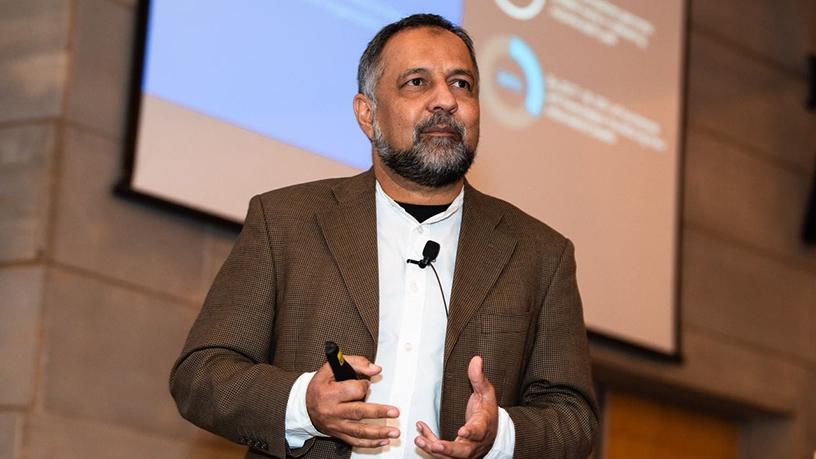
The Microsoft Azure data centres due to launch later this year, combined with other local cloud services, will create around 165 000 new jobs in SA through 2022.
This is according to Asif Valley, cloud development lead at Microsoft, speaking to ITWeb today on the side-lines of the ITWeb Data Centre Summit 2018, in Johannesburg.
Discussing the impact of the Microsoft Azure data centres, currently being built in Cape Town and Johannesburg, Valley explained that while the technology giant's investment in the local data centres aims to address business and regulatory requirements across many markets, the project will also drive massive growth in the ICT sector through creating thousands of new job opportunities.
"With the investment Microsoft is making in SA, we expect the Microsoft ecosystem to contribute around 53 000 new jobs by 2022. That number, combined with the 112 000 new jobs expected to be generated through other cloud services, will add up to a total of around 165 000 new jobs created by 2022."
Last May, Microsoft announced it would bring two data centres to SA, in its efforts to provide highly available, scalable and secure cloud services across Africa with the option of data residency in SA. The data centres will be used to augment the delivery of cloud services, including Microsoft Azure, Office 365 and Dynamic 365.
Currently, many African companies rely on cloud services delivered from outside the continent.
"We've taken the opportunity of using the data centre investment to create some crucial skills in the local ICT sector, through a number of new initiatives such as the Microsoft Cloud Society Programme, which provides free online access to all our educational content. Users can learn anything from the basic fundamentals of Azure to data science.
"Through the many educational programmes, Microsoft has demonstrated that we can take someone right out of school and train them to be a software engineer or a data scientist, using the right methodology and the right mentoring processes. We also have a sub segment of the Microsoft Cloud Society Programme called the Data Centre Cloud Insight Programme, which already has 2 000 registered trainees who want to learn about the fundamentals of cloud computing."
It is therefore important for South African businesses to start upskilling employees to get ready to take advantage of the opportunities the new data centres will bring, Valley pointed out.
Business value
Microsoft has a worldwide network connecting over 100 data centres on every major continent across the globe. The local data centres will address some common cloud 'blockers' for many industries, he added.
"Microsoft is expected to open the data centres before the end of the year. When that happens, we anticipate that more organisations will be open to using cloud computing. The local data centres will address specific compliance certifications and unblock what were once only on-premises applications and workloads. Furthermore, customer data at rest will be kept within their geography, enabling customers to help meet local data residency requirements.
"From a performance perspective, the new data centres can be expected to significantly improve connection and latency issues for developers and partners, and even small businesses, fuelling local innovation, and creating infinite opportunities," he concluded.
Share